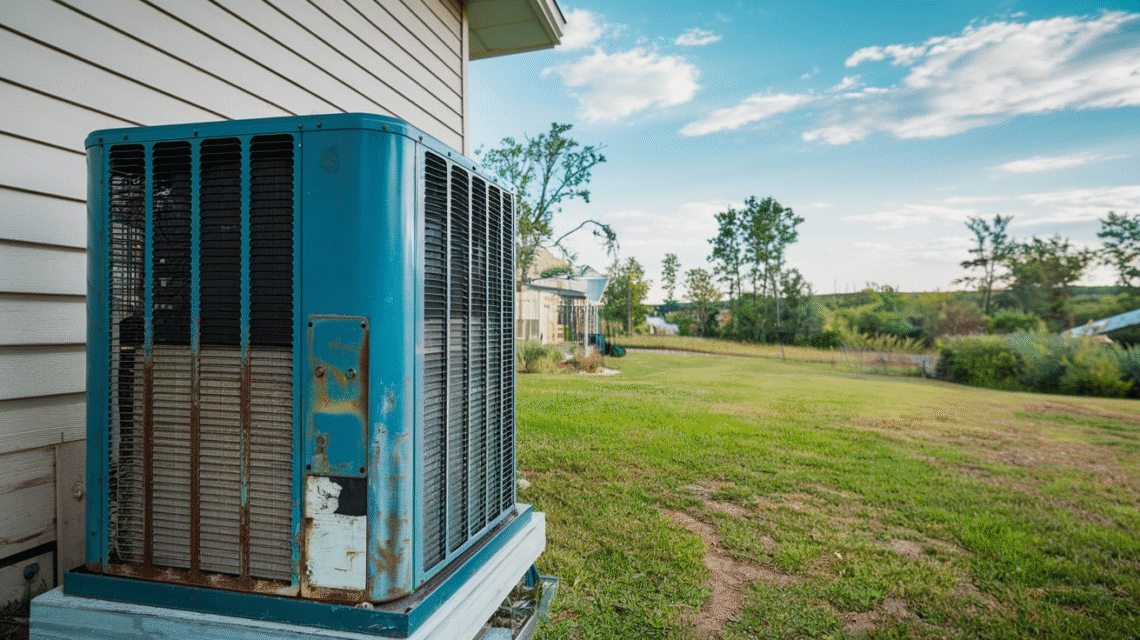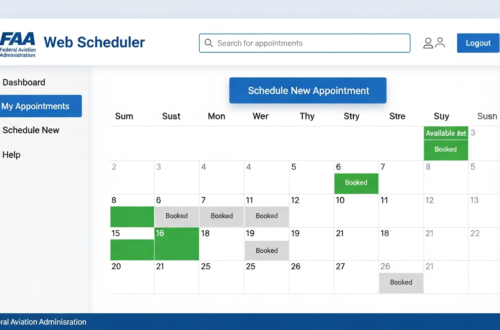Deciding whether to repair or replace your HVAC system is a challenge that many homeowners face at some point. A heating or cooling system is a significant investment, and making the wrong choice can result in unnecessary expenses, decreased comfort, and even safety concerns. With seasonal temperature extremes, a system that is inefficient or unreliable can create daily stress, higher energy bills, and frequent service calls. We will explore the factors that help homeowners make informed decisions, focusing on the practical aspects of cost, efficiency, system age, and performance. By understanding the considerations involved, families can maintain a comfortable home environment, optimize energy use, and plan their spending strategically, ensuring that any repair or replacement decision aligns with long-term needs.
Evaluating Repairs and Replacement
One of the first things to consider when deciding whether to repair or replace an HVAC system is its age. Air conditioners generally last between ten to fifteen years, while furnaces may operate effectively for up to twenty years with proper maintenance. A unit approaching or exceeding its expected lifespan may require frequent repairs that can add up in cost over time. While a newer system might only need minor repairs to restore function, older units often struggle with efficiency, making even simple fixes less economical. Consulting Legend Air Conditioning & Heating can help homeowners evaluate the age of their system alongside potential repair costs, determining whether investing in a new system provides better long-term value than continuing with recurring maintenance expenses.
Cost is another critical factor in the decision-making process. Single repairs can be reasonable and cost-effective, particularly when the system is otherwise reliable and relatively new. However, if repair calls become frequent and the expenses begin to accumulate, the financial benefit of replacement increases. A commonly used guideline compares repair costs to the value of the system; if repairs cost more than half the price of a new unit, replacement may be the smarter choice. Homeowners should review past repair history, projected costs, and the likelihood of additional failures to make a decision that balances immediate needs with long-term financial considerations.
Energy efficiency is an often-overlooked aspect when evaluating HVAC options. Older units typically operate at lower efficiency levels, consuming more energy to achieve the same level of comfort as modern systems. Rising utility bills, despite consistent usage patterns, can indicate that the system is no longer operating optimally. New HVAC units often come with higher SEER ratings, improved insulation, and advanced components that lower energy consumption while maintaining consistent temperature control. Choosing replacement over repair in these cases can reduce energy costs significantly over time and provide a more environmentally friendly solution. Repairs may restore function temporarily, but rarely improve efficiency, leaving households to pay more in energy bills in the long run.
Comfort and performance are central to any HVAC decision. Inconsistent temperatures, uneven airflow, or excessive humidity can indicate underlying problems that repairs alone may not fully address. While repairs can correct specific malfunctions such as a broken thermostat, refrigerant leaks, or clogged filters, repeated performance issues may signal that the system is struggling to meet household needs. Comfort extends beyond temperature to overall air quality, humidity control, and reliable operation throughout the home. Replacement may be necessary when performance problems persist, ensuring consistent, dependable comfort without ongoing stress or inconvenience for family members.
Technological advancements also play a role in the decision between repair and replacement. Modern HVAC systems are designed with improved energy efficiency, quieter operation, and smart technology integration that allows for better control and monitoring. Older systems often rely on outdated refrigerants or components that are no longer widely available or cost-effective to replace. Upgrading to a new system can provide additional benefits such as compatibility with smart thermostats, reduced environmental impact, and improved reliability. Repairs may restore the system to its original state, but they typically do not offer the enhanced capabilities or long-term advantages of newer technology.
Safety considerations must not be overlooked when determining whether to repair or replace an HVAC system. Malfunctioning components can pose hazards, including carbon monoxide leaks from furnaces or electrical issues from faulty wiring. While a repair may temporarily resolve an issue, recurring safety concerns suggest that replacement is the more prudent option. Ensuring that a home’s HVAC system operates safely is essential not only for comfort but also for the well-being of residents. Additionally, a newer system can offer peace of mind, with modern safety features designed to reduce the risk of accidents and comply with current building standards.
Ultimately, professional guidance can help homeowners make informed decisions. A reputable HVAC company can assess the system’s condition, identify potential issues, and provide a clear recommendation based on facts rather than pressure to sell a new unit. Transparent advice focuses on whether a repair will significantly extend the system’s life or if replacement is more practical. By relying on accurate assessments, families can avoid unnecessary expenditures while ensuring consistent comfort and reliability in their homes. Companies like Legend Air emphasize honest, straightforward guidance, giving homeowners confidence that their decisions support both short-term needs and long-term efficiency.
Determining whether to repair or replace an HVAC system requires a careful evaluation of multiple factors, including system age, repair history, energy efficiency, comfort, technological features, and safety. Each of these considerations contributes to understanding the long-term value of repairs versus the advantages of a new system. By taking a strategic approach and seeking honest guidance, families can maintain a safe, efficient, and comfortable home environment while avoiding unnecessary expenses and ensuring the longevity of their investment.





